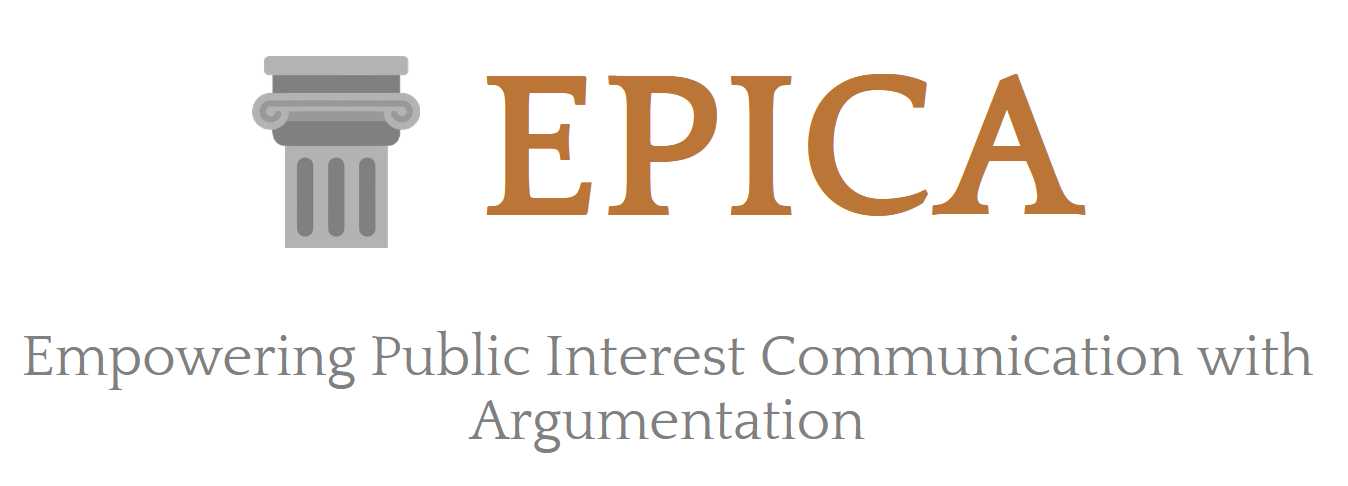The EPICA research project (Empowering Public Interest Communication with Argumentation), coordinated by the University of Brescia with the participation of Professors Pietro Baroni and Massimiliano Giacomin, aims to study methods and develop tools to support the effectiveness of public interest communication campaigns, such as those promoting healthier lifestyles, road safety, or participation in medical screening and prevention programs.
In particular, the project focuses on the use of techniques based on computational argumentation, a research field that combines, in an interdisciplinary way, contributions and expertise from various areas, ranging from artificial intelligence to philosophy, and from the study of language to social interactions.
Now in its second year of activity, the project presented its results during a special session of the workshop Advances in Argumentation in Artificial Intelligence, held on September 13 at the University of Calabria.
Specifically, both innovative models—useful for studying the properties of a communication campaign and assessing its effectiveness with respect to specific communication targets—and software tools based on these models were presented, with the aim of supporting designers in choosing the arguments to include in a campaign in order to achieve the greatest possible impact. The work referred to a concrete case study, the "greener diet," that is, the promotion of a diet rich in fruits and vegetables, according to the recommendations of the World Health Organization.
The results achieved represent a first but significant step toward the long-term goal of bringing the technical and scientific expertise developed within the project into practice, thus making a concrete contribution to the success of campaigns of great social value.
The EPICA project is funded by the European Union – Next Generation EU under the PRIN 2022 call of the Ministry of University and Research. In addition to the University of Brescia, the University of Calabria, the University of Perugia, and the Institute for Computational Linguistics of the National Research Council are also involved. The proceedings of the workshop are available at this link, while further information can be found on the project’s website.


